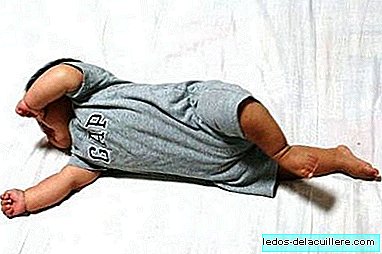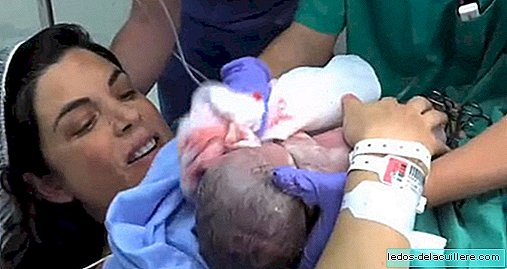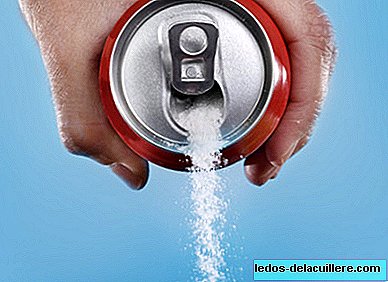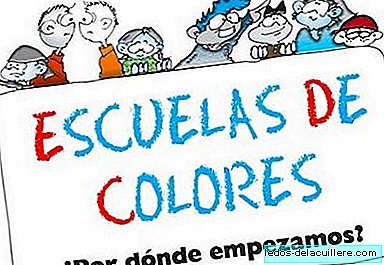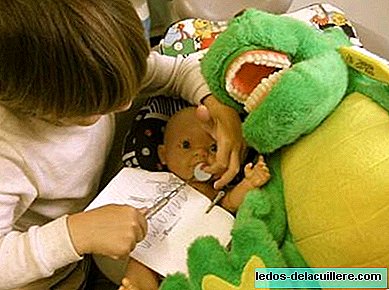Last week, PISA released the "Collaborative problem solving" report in which 125,000 15-year-old students from 52 countries participated, 32 of them belonging to the Organization for Economic Cooperation and Development (OECD).
On this occasion, the ability of students to solve problems in teams and the results have been really worrying because only 8% of the students (in Spain 4%) are able to work in groups, solve problems and face conflicts.
Tug of ears to the educational model
In a global society and an increasingly interconnected world, it is essential that people collaborate to achieve their goals. But nevertheless, the educational model is still very individual, so schools should improve and prepare students to live and work in teams.
This is the first great conclusion that is obtained after reading the "Collaborative problem solving" report, in which 125,000 15-year-old students from 52 different countries have participated, and which completes the results of the 2015 PISA general report on Science, Mathematics and Reading.
This report has been the first evaluation that has been carried out on the ability of students to work in a team, their attitudes of collaboration with their peers and problem solving together with the rest of the group members.
In OECD countries, 28% of students can solve simple collective problems, but only 8% know how to work well as a team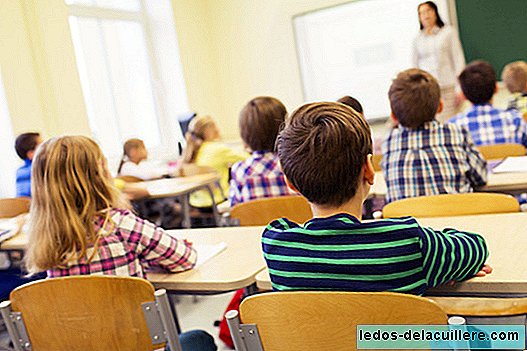
The role of schools is fundamental to acquire the necessary skills to know how to work in a team, but few schools give importance to group or project work, and toA global educational model that tends to individual education predominates.
"In a world that places more and more importance on social skills, educational systems must improve a lot to systematically promote those skills throughout the school curriculum" - states the OECD Secretary General, Angel Gurría.
For César Bona, considered one of the best teachers in Spain, it's hard for teachers to teach how to work in a team since no one has taught them:
"There are thousands of teachers full of enthusiasm, passion and very prepared to try to spread positively to all those colleagues who lost the illusion along the way" - said in the 2nd RUBIO Pedagogical Day held in Valencia.
According to Professor Bona, the solution to improve the results of this report would go through provide more support to teachers and reinforce them with new knowledge on such important issues as collaborative work, project learning or emotion management.

The report has also highlighted the connection between physical education and teamwork. And it seems that attitudes towards collaboration and group work are more positive as students attend more physical education classes per week, something that, unfortunately, is not contemplated in our current education system.
Likewise, a better score has been observed when working as a team in those students who have never been involved in problems of bullying and report receiving fair treatment from their teachers.
Other variables that favor teamwork
- Comparing this report with the results obtained in the 2015 global report, it has been seen that 44% of students who show better skills in Science, 39% of those who excel in Reading and 34% of those who excel in Mathematics They also tend to be better at collaborative work.
We find the exception in students from Australia, Japan, New Zealand and the United States, who despite not getting great grades in reading, science and math, know how to work very well in teams.
- On the other hand, it has not been seen that there are important differences in the skills to work in teams between students with greater purchasing power and the most disadvantaged. There are also no differences between immigrant or nonimmigrant students, but it has been observed that students' exposure to Cultural diversity in the classroom tends to be associated with better collaborative skills.

- Where a marked difference can be seen again is in the teamwork based on the sex of the studentsWell, it seems that girls collaborate more and better in groups than their male partners.
The greatest differences (of more than 40 points) between girls and boys are observed in Australia, Finland, Latvia, New Zealand and Sweden, while the smallest differences (of less than 10 points) are in Colombia, Costa Rica and Peru.
In all the countries participating in the study, students showed a positive attitude towards group work, although it is they who give more value to social relations, they are more happy with the successes of their partners, they take into account the opinions of others and consider different perspectives when facing a problem.
Girls better than boys at working together to solve problems, finds new #OECDPISA global education survey
- OECD Education (@OECDEduSkills) November 21, 2017
Learn more ➡ //t.co/otxHKNhLOo#problemsolving #teens #gender pic.twitter.com/SPxpVw9bHn
- Activities that take place outside of school also influence positively or negatively when working as a team. Thus, it has been observed that students who spend more time playing video games work worse as a team than those who foster human relationships through company play, talks with friends or interaction through social networks.

The best rated countries
Taking into account all these variables, the five countries / regions best valued in solving group problems and teamwork are Singapore, Japan, Hong Kong, Korea and Canada.
At the opposite end would be students from Mexico, Colombia, Turkey, Peru and Tunisia, who get very low scores in collaborative work.
 Photo via OECD
Photo via OECD The results of Spanish students are not good either, because they are below the 500 points that is the average obtained by the OECD countries. However, eThis result changes if we analyze the autonomous communities separately.
In this order, students in Madrid, Castilla y León, Cataluña and Navarra are above the OECD average in teamwork, while those in Extremadura and Andalusia are placed below.Conclusions
In summary, the educational system in both our country and the rest of the countries participating in the study must change markedly in order to teach teamwork, creativity and promotion of critical and divergent thinking.
But also from home, parents can help our children teaching them the importance of working together to achieve results, of listening to others, being empathetic and taking into account other opinions that can not only help us resolve a conflict, but enrich us culturally and emotionally.

Via OECD-Pisa, ABC
In Babies and More Why should we do more hours of Physical Education in schools, how is the world in education? Nine conclusions about the 2015 PISA report, How to teach in a school without textbooks, Goodbye to subjects in Jesuit schools ... is a new teaching model approaching Spain?


